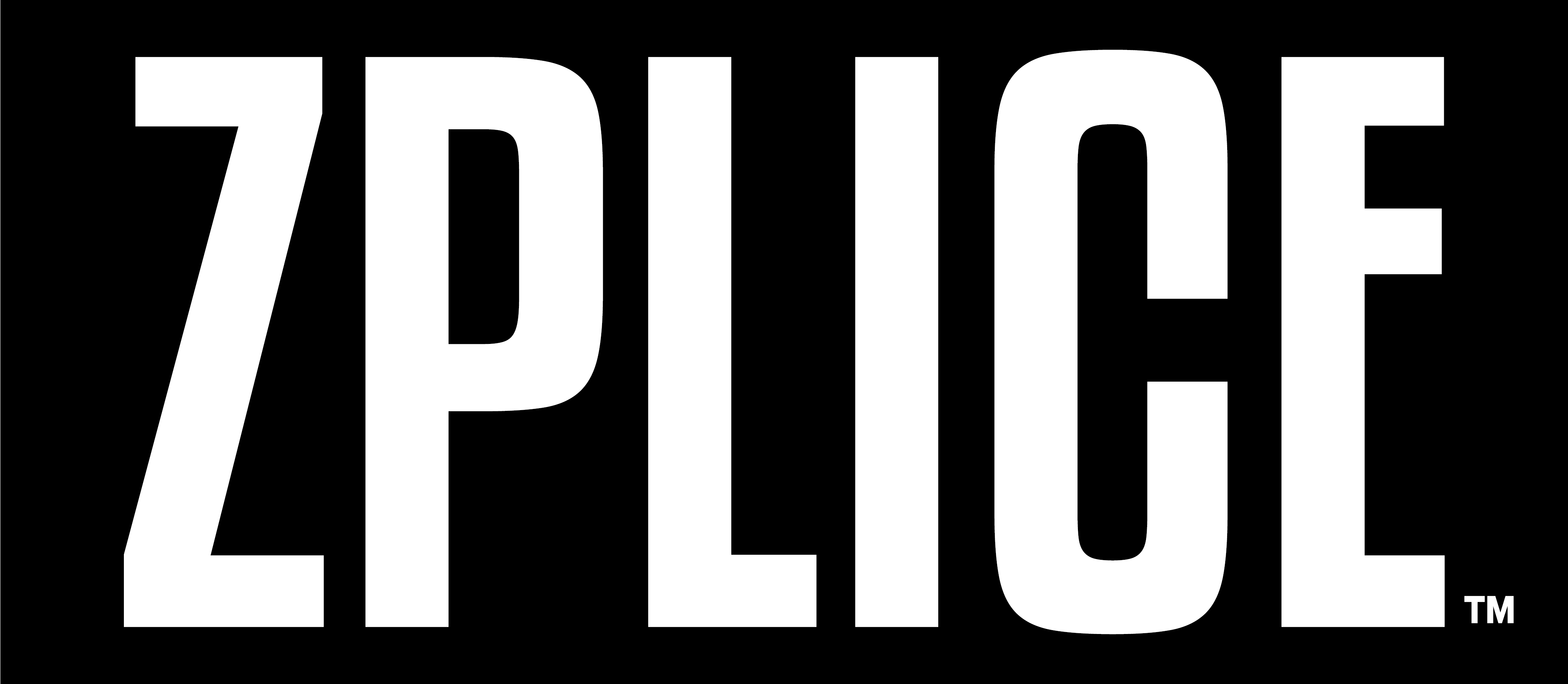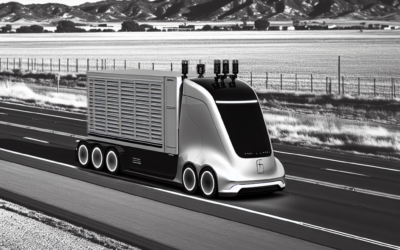The Future of Advertising: A Concerning Reality
Influencer marketing is no longer just a trend; it has become a dominant force in the advertising landscape. According to a recent study by TICE News, micro, small, and medium enterprises (MSMEs) are increasingly turning to influencer marketing to grow their businesses cost-effectively. This apparent shift is driven by the growing effectiveness of influencer marketing in building trust and authenticity with target audiences.
The Decline of Traditional Ads
Traditional advertising methods, once the backbone of marketing strategies, are now struggling to capture the attention of consumers. A survey by Modern Retail reveals that millennial and Gen Z parents are hyper-aware of online advertising and are more likely to ignore ads that do not resonate with their values. This shift in consumer behavior is forcing brands to rethink their marketing strategies.
The Impact of Generative AI
Generative AI is poised to revolutionize the advertising industry. A study by Trends Research highlights the potential of this technology to create innovative and personalized content, which can significantly enhance the customer experience. The market for generative AI is projected to surpass $121 billion by 2025, indicating a rapid growth in its adoption. This technology can help brands create highly targeted and effective advertisements, but it also raises concerns about the potential displacement of traditional advertising roles.
The Decline of Traditional Advertising
Traditional advertising methods, such as television commercials and print ads, are facing a significant decline. A study by AudienceX suggests that the future of advertising lies in digital platforms and personalized content. The shift towards digital advertising is already evident, with many brands opting for online campaigns and influencer partnerships over traditional methods. This trend is not only affecting the advertising industry but also the media landscape as a whole.
More Concerns
Loss of Control
With influencer marketing, brands often lose control over the message and the audience. This can lead to unintended consequences and damage to the brand’s reputation.
Increased Costs
While influencer marketing can be cost-effective, it also requires significant investments in finding the right influencers and managing campaigns.
Measuring Success
Tracking the success of influencer marketing campaigns can be difficult, as metrics such as engagement rates and conversion rates may not accurately reflect the campaign’s impact.
Authenticity Concerns
The authenticity of influencer marketing is often questioned, as some influencers may not genuinely endorse products.
Future of Traditional Ads
The future of traditional ads is uncertain, as they struggle to compete with the attention-grabbing power of influencer marketing.
The Future of Advertising
The future of advertising is uncertain, but it is clear that influencer marketing will continue to play a significant role. Brands must adapt to this new reality by investing in influencer marketing strategies and ensuring they are transparent and authentic in their approach. The success of these campaigns will depend on the ability to measure and optimize their performance.






